From Leather to Laser: The Remarkable Evolution of Sports Equipment Over the Years
The world of sports has undergone dramatic changes over the years, not only in the way games are played but also in the equipment used. From rudimentary tools crafted from leather and wood to modern, high-tech gear, the evolution of sports equipment is a fascinating journey.
**2. Leather to Synthetic: The Transformation of Ball Sports
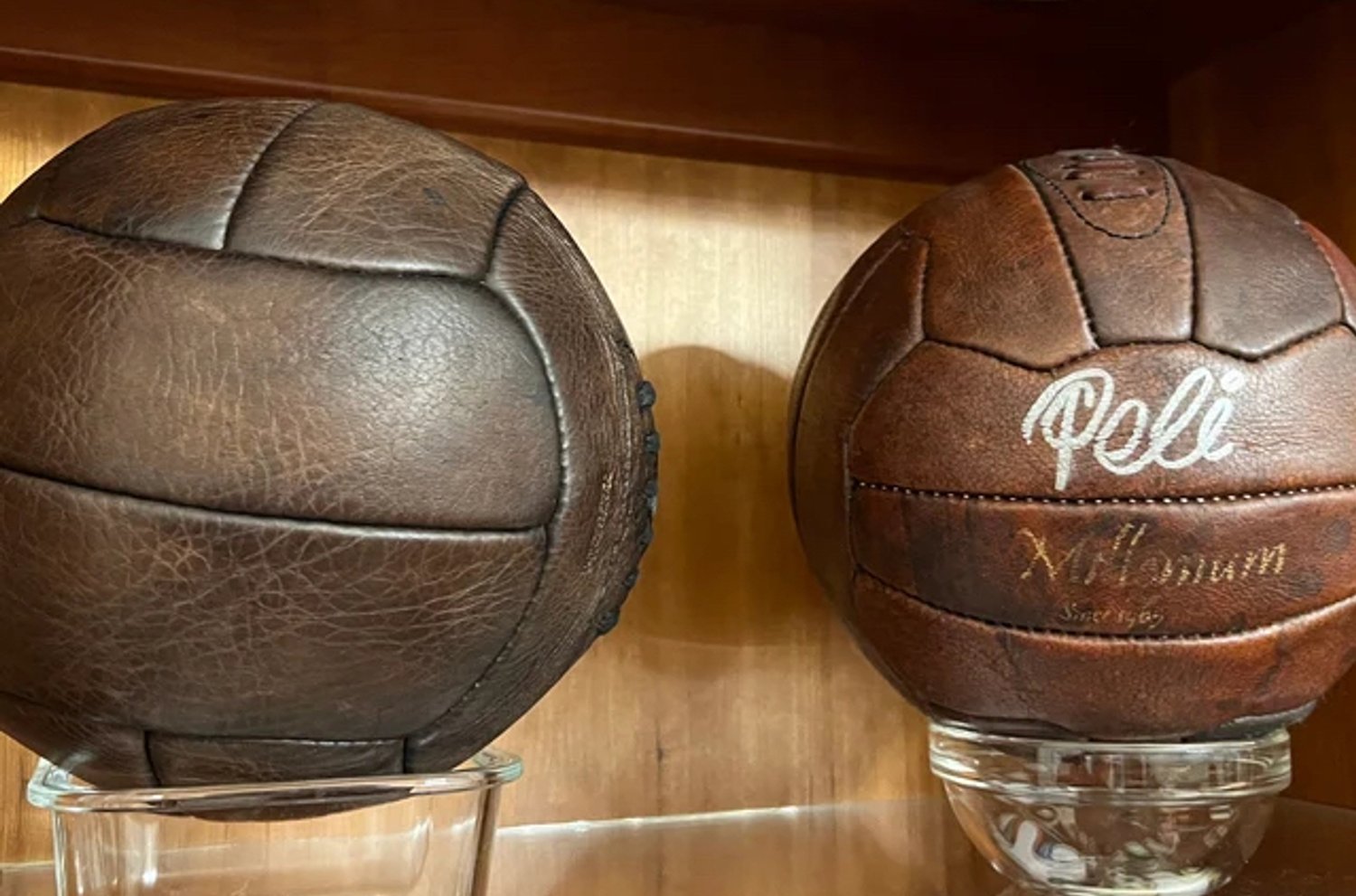
The humble ball, the centerpiece of many sports, has evolved significantly over the years. Early versions were often made from inflated pig bladders or stitched leather. Today, synthetic materials like polyurethane and latex are commonly used, providing better durability, bounce, and control.
**3. The Rise of Protective Gear

The introduction of protective gear marked a significant shift in sports history. Helmets, pads, and guards, once non-existent, are now essential components in sports like football, hockey, and cricket. These items have evolved from crude leather caps to sophisticated equipment designed to minimize injury.
**4. The Evolution of Footwear

From basic sandals used in ancient Greek Olympics to the high-tech running shoes of today, sports footwear has come a long way. Modern sports shoes are designed with specific sports in mind, with features like spikes, air cushioning, and advanced materials for enhanced performance.
**5. The Revolution of Rackets and Bats
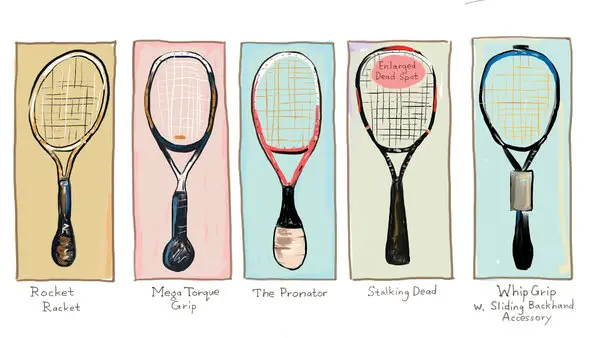
Early rackets and bats were typically made of wood, with stringing materials varying from animal gut to plant fibers. Today, carbon fiber, graphite, and titanium are commonly used, providing greater power, durability, and precision.
**6. The Modernization of Sports Apparel

In the past, athletes often competed in everyday clothing. Today, sports apparel is a specialized field, with moisture-wicking fabrics, aerodynamic designs, and even smart clothing that can monitor an athlete's performance.
**7. The Impact of Technology on Training Equipment

Training equipment has also benefited from technological advancements. Modern training tools can simulate different game scenarios, analyze an athlete's performance in real-time, and provide detailed feedback, helping athletes to improve more quickly and efficiently.
**8. The Advent of Electronic Scoring Systems

Electronic scoring systems have revolutionized sports like tennis, swimming, and athletics, providing more accurate and instant results. These systems have also enhanced the spectator experience, making it easier to follow the action.
**9. The Development of Sports Medicine Equipment
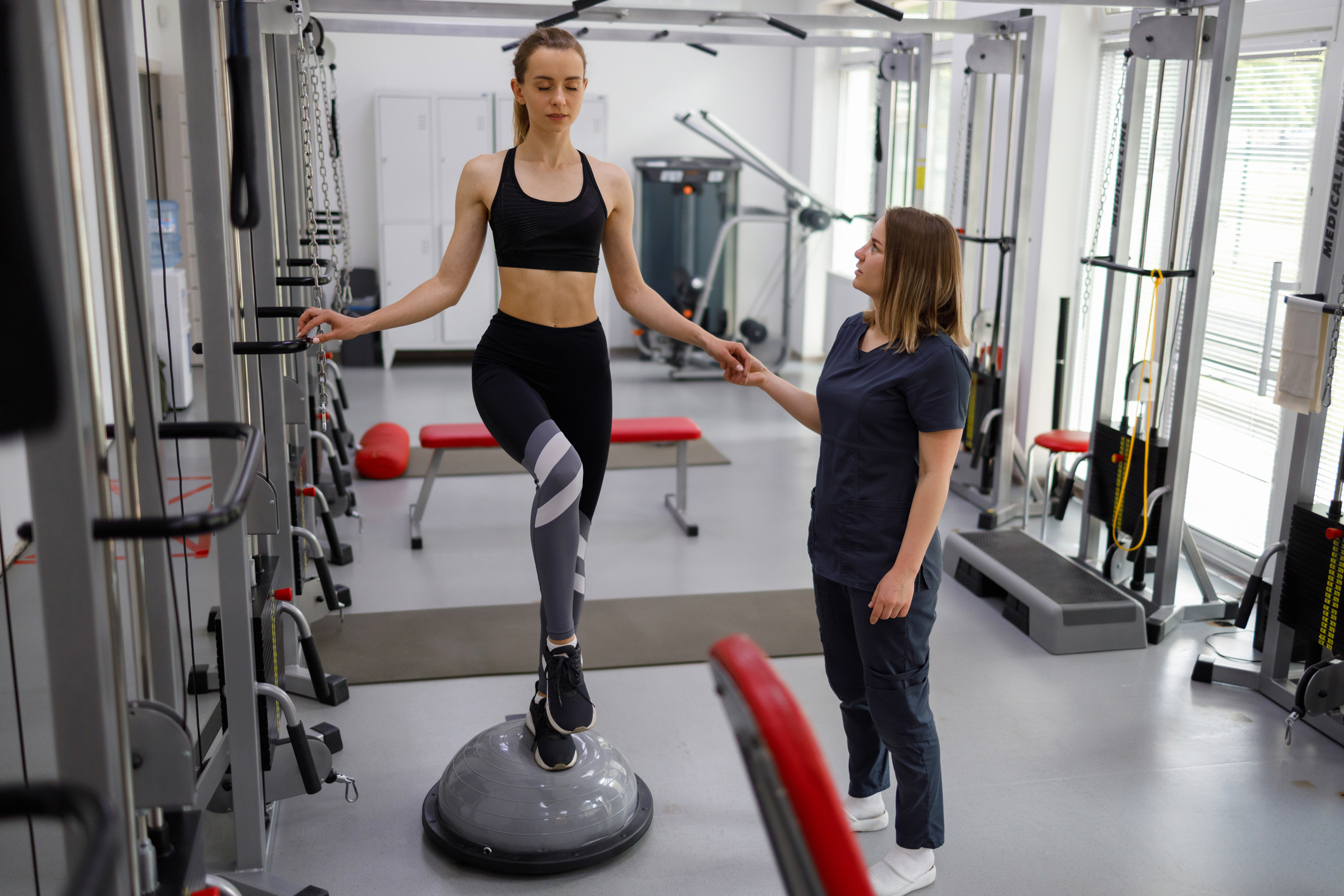
Advancements in sports medicine equipment have greatly improved injury prevention and recovery. From simple bandages and ice packs to complex medical imaging devices and rehabilitation machines, this equipment plays a vital role in keeping athletes healthy and fit.
**10. The Influence of Material Science on Sports Equipment

Material science has played a significant role in the evolution of sports equipment. The development of new materials like carbon fiber, Kevlar, and synthetic rubbers has led to lighter, stronger, and more durable sports gear.
**11. The Role of Engineering in Equipment Design
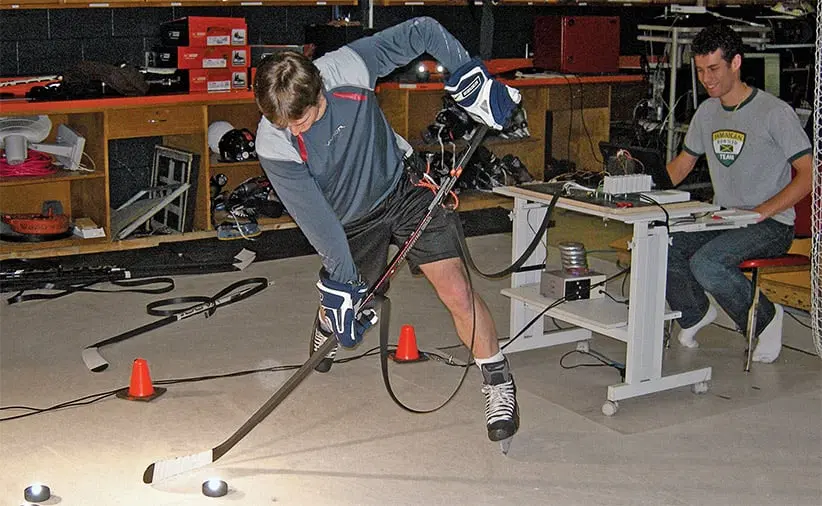
Engineering principles have been increasingly applied to sports equipment design, leading to more efficient and effective gear. Factors like aerodynamics, biomechanics, and material strength are now carefully considered in the design process.
**12. The Integration of Electronics in Sports Equipment

From heart rate monitors in wristwatches to sensors in footballs that track speed and spin, electronics have become an integral part of sports equipment. This technology provides valuable data that can enhance performance and strategy.
**13. The Impact of Regulations on Equipment Evolution
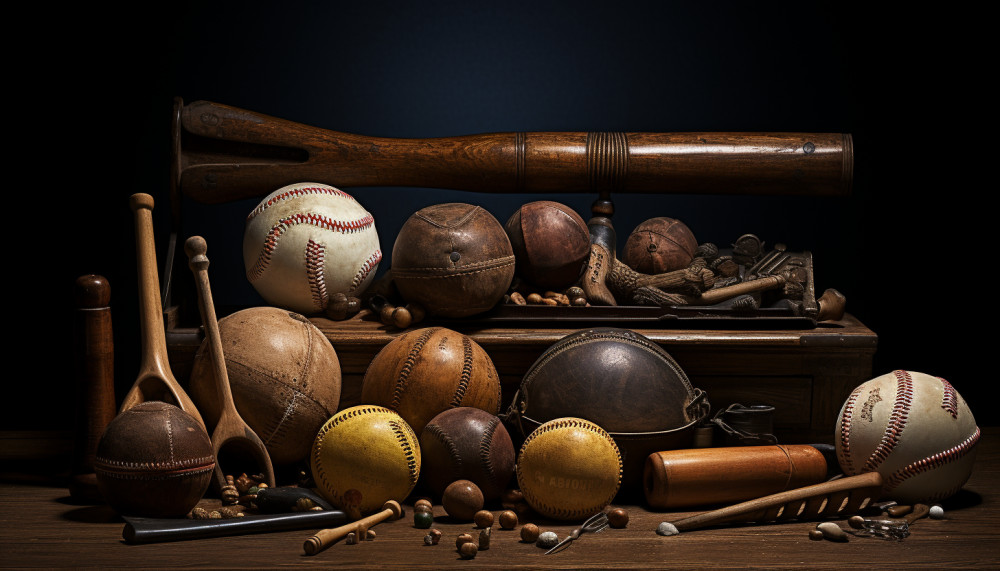
Sports regulations have a significant impact on the design and materials of sports equipment. Rules governing equipment size, weight, and material composition often drive innovation, as manufacturers strive to create gear that maximizes performance within the constraints.
**14. The Future: Smart Sports Equipment

The future of sports equipment lies in smart technology. Sensors, AI, and IoT devices are being integrated into gear, providing real-time feedback, personalized training programs, and even virtual reality experiences.
**15. The Environmental Considerations in Sports Equipment Manufacturing

As environmental awareness grows, manufacturers are exploring sustainable materials and production methods. Recycled materials, biodegradable products, and energy-efficient manufacturing processes are becoming increasingly prevalent in sports equipment production.
**16. The Influence of Professional Athletes on Equipment Design

Professional athletes often work closely with manufacturers to develop custom equipment. Their feedback and unique needs drive innovation, leading to new designs and technologies that eventually become available to the broader market.
**17. The Role of Sports Equipment in Paralympic Games

Sports equipment plays a crucial role in the Paralympic Games, enabling athletes with disabilities to compete at the highest level. Prosthetics, wheelchairs, and other specialized gear have evolved significantly, providing greater mobility, control, and performance.
**18. The Impact of Sports Equipment on Game Strategies

The evolution of sports equipment has not only affected performance but also game strategies. For example, the introduction of the graphite tennis racket in the 1980s allowed players to hit harder and with more spin, fundamentally changing the way tennis is played.
**19. The Ongoing Evolution of Sports Equipment

The evolution of sports equipment is a journey that continues to unfold. As technology advances and our understanding of sports science deepens, we can expect to see even more innovative and effective gear in the future. From leather to laser, the transformation of sports equipment is a testament to human ingenuity and the relentless pursuit of excellence.








